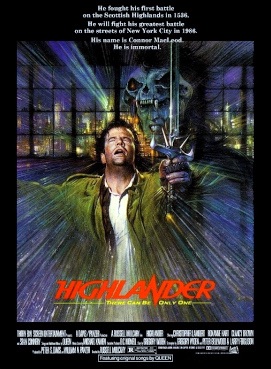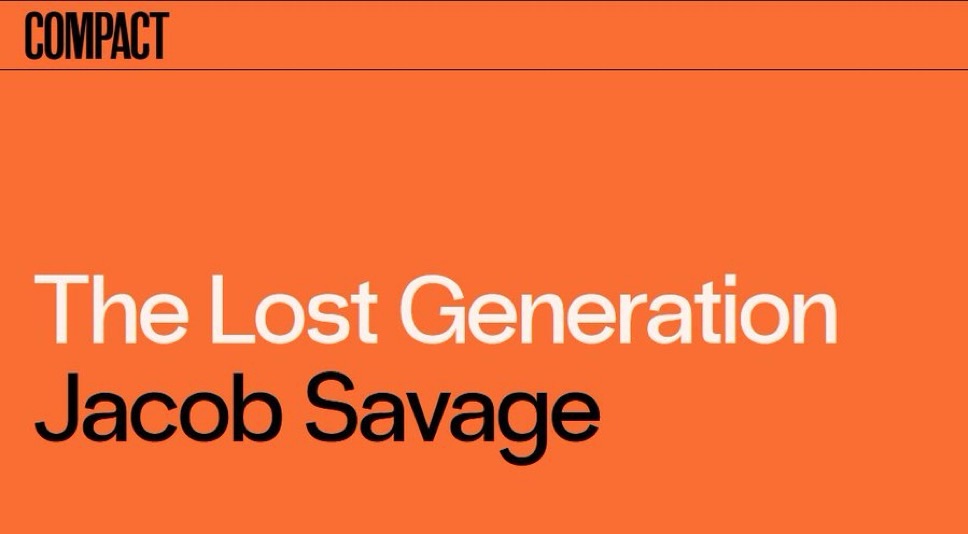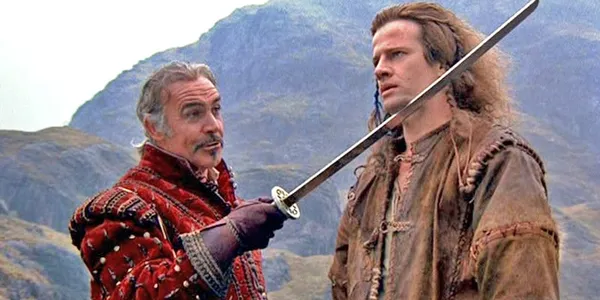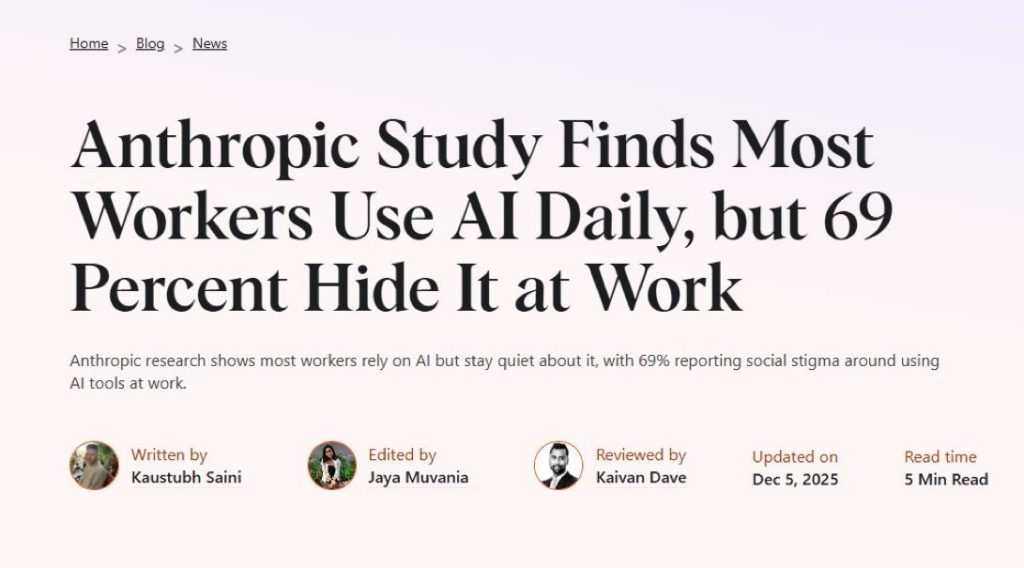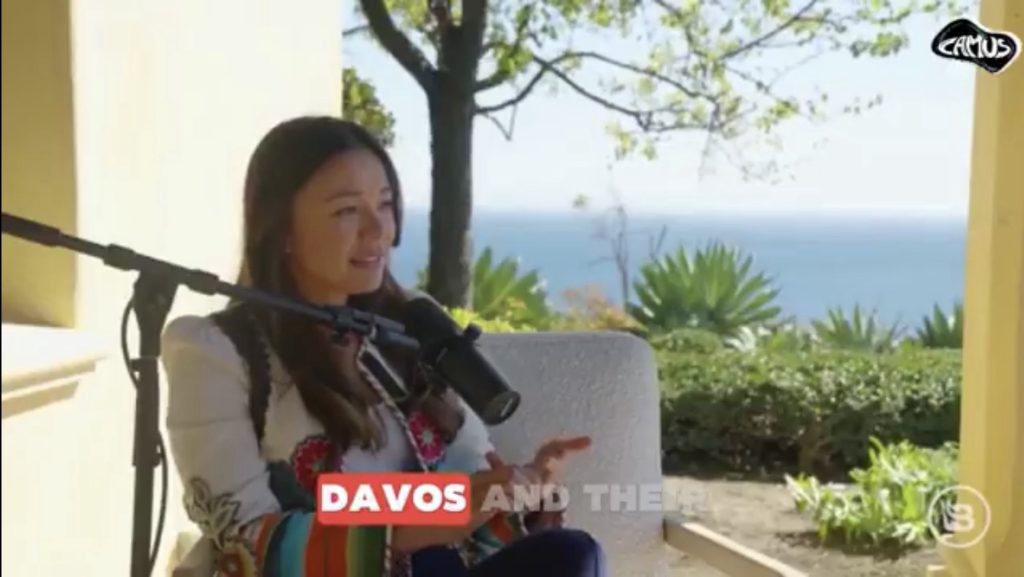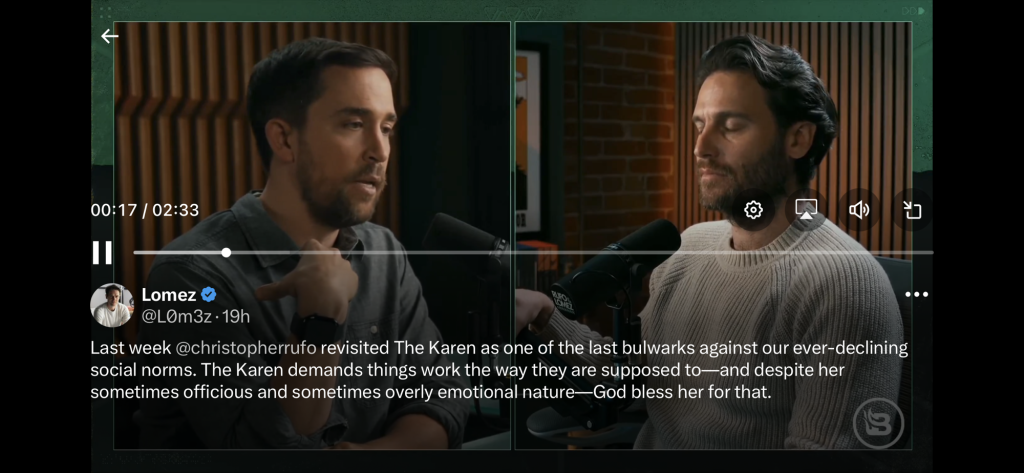As I continued my journey through southern Europe yesterday, I encountered one of the most striking protests I’ve ever seen. At every major intersection and city limit there were hundreds (if not thousands in instance) of tractors lining the streets.
From enormous modern combines to Jeremy Clarkson style esoteric speciality vehicles, I saw more tractors yesterday than I think I’ve seen in my entire life. It was majestic. And it continued for my entire drive through the country from border to port to border.

Mind you I drove a tractor before I drove a car, and I live in farm country so trips to the local John Deere dealership are a monthly ritual for us. And I’ve never seen such a variety of tractors. It made quite the spectacle and was deeply emotional seeing so many of them empty and lined up in a row in quiet dissent.

The tractors flew flags and banners indicating their disapproval of the signing of the EU-Mercosur Trade Deal. The European Union will be trading with the Mercosur bloc consisting of Argentina, Brazil, Uruguay and Paraguay. It is set to create the world’s largest free-trade area covering 700 million people.
European farmers are not happy about it. Yet the protestors did not disrupt traffic at all. The roads were open and passable. A blessing given that in many areas it either snowing or had recently snowed and the temperatures were below zero.

The snow is not a very common experience for an area that farms olives and grain. And yet on top of changing weather patterns, the Greek farmers I saw protesting (along with 27 other European countries who are signatories) must now contend with farmers in 4 Latin American countries that do not have their standards or rules.
Economic collaboration and global ties were touted in all the press from Brussels as they condemned America’s retreat from trade. And the part of me that is a committed free trader wanted to agree. But the part of me that struggles with illness and the American food system was on their side.
And yet Europe is saying damn their own farmer’s opinions, stick it to America and our government’s trade wars. Ursula von der Leyen will let in Brazilian fruit and glyphosate saturated grains come to Europe.
I am no stranger to protest movements from the Battle of Seattle to EarthFirst! I picked up Alinsky’s Rules for Radicals as a child. I remember the era where organizations like the WTO were criticized and concerns about trade and agriculture were front and center. We forgot along the way and the politics went horseshoe theory but the problems remained.
I don’t farm or ranch, merely keep chickens, garden and maintain our land in Montana, but my husband’s beloved electronic free Deere is practically a family member. We are sympathetic to farmers and care about topics like soil earth, permaculture and the endless glyphosate lawsuits.
I’d rather America be trading with Europe than Europe be trading with Latin American countries. The land some of them work is meant to be rainforest not grain fields.
I’d be furious too if I were a Greek, Irish or French farmer under restrictions my competitors didn’t face knowing that they produced a better product on land cared for under high standards and almost impossible conditions. They know what they yield is destined to move on their ports somewhere. Thats what their ports do. But protest they must.

And yet here the farmers were, placing their precious equipment on the roads silently condemning the entire lot of politicians who care neither for the people or the land.
Seeing like a state means we are just numbers to them. I couldn’t count all the tractors I saw. There were too many. At every crossing I saw there were more. And that’s the point. It will affect all of us in the local and global balance of the land and the people it feeds.
The land and its stewards ultimately don’t matter where no matter what Brussels says. Neither does America’s politicians and their economic foibles. It’s all a numbers game.
So the farmers showed them their numbers every where I turned. I noticed them. And I hope others do too. What we can do is not for me to say. I see them and am sharing so you can too.

